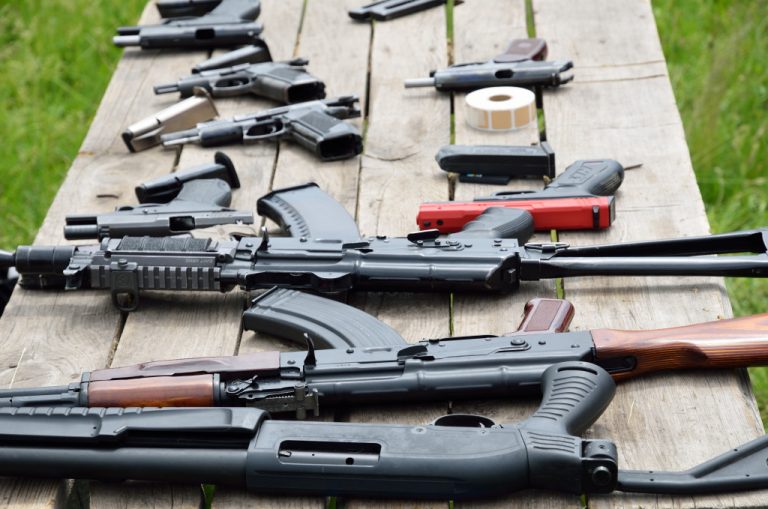In 2021, the gun industry boomed. Gun sales have never been higher, and the profits are pouring in. According to recent statistics, the gun industry generates over $15 billion in revenue each year, employing over 100,000 people. So if you’re thinking about starting your own gun company, now is the time to do it.
However, some initial setup is required before you can start. It isn’t as accessible as other businesses, as it is highly regulated. Not only do you need to be mindful of federal and state laws, but other factors come into play. Fortunately, you can use this guide to help you get started.
Business Licensing
You’ll need to obtain a business license from your local government to open a gun store. This license allows you to operate a business within your jurisdiction. In addition, you’ll need to obtain a Federal Firearms License (FFL), which you can get from the Bureau of Alcohol, Tobacco, Firearms, and Explosives (ATF).
The FFL is required if you intend to sell firearms or ammunition. It’s also necessary if you want to engage in any other type of gun-related business, such as manufacturing or importing firearms.
There are several different types of FFLs, so be sure to apply for the correct one. You can find out more about the different types on the ATF website.
In addition to a business license and FFL, you may need other permits depending on your state. For example, some states require a permit to sell firearms. Check with your local government to see what permits are needed.
You may also need a permit to store firearms and ammunition. This permit is usually issued by the local police department or sheriff’s office.
Contact your local government officials for more information about business licenses and permits required for gun stores. There might be additional requirements based on the type of gun store you are opening.
Store Security Measures

A gun store will be necessary for businesses because people need a physical feel for the weapon before buying it. However, it would help if you considered the security measures required to keep your store and customers safe.
You’ll need to install a secure gun safe or cabinet to store firearms and ammunition. You may also want additional security measures such as an alarm system. Finally, you must comply with all local laws regarding storing weapons and ammunition in your store.
Security measures must remain more advanced than other commercial establishments to protect your customers and store. Getting this right is very important, as it will help you stay compliant with the law and provide a safe customer environment. Fortunately, technological advances have made setting up a secure and reliable system for those dangerous products easier.
Staff Qualifications
It’s essential to have qualified staff working in your gun store. All employees must be knowledgeable and experienced in firearms safety and laws. This is especially important if they are selling firearms or ammunition to customers.
You’ll also need to ensure that all staff members undergo background checks to verify their eligibility to work in a gun store. This background check may include verification of criminal record, drug testing, and other relevant information.
Sometimes, employees might have to handle the physical firearms they sell. If this is the case, they must also be trained in firearms handling and safety procedures.
Finally, you may need to obtain a special license for employees who regularly handle and sell guns or ammunition. This license usually requires an exam and background check to qualify. Failure to comply with these regulations can result in legal action.
Gun Insurance
Another vital factor to consider is insurance. You’ll need liability coverage that explicitly covers firearms and ammunition. This will help protect you from any costs associated with accidents or damage caused by guns in your store.
You may also need other types of business insurance, such as property coverage for the building and contents, workers’ compensation insurance, and professional liability coverage. Contact an insurance agent to determine the best coverage for your gun store.
If you are the one creating guns, you might have to get a gunsmith liability insurance coverage. This policy can cover any potential legal expenses or damages when making firearms. It will be necessary, especially in those states where firearm makers are required to purchase liability insurance.
Final Thoughts
Starting a gun store isn’t easy, but it’s a great way to get involved in the firearms industry. Before you start, research local laws and regulations for setting up a gun store. Then, ensure your staff is qualified and that you have the necessary security measures. Finally, consider getting insurance coverage for any potential risks associated with running a firearm business. Doing these things will ensure that your business runs smoothly and responsibly.



